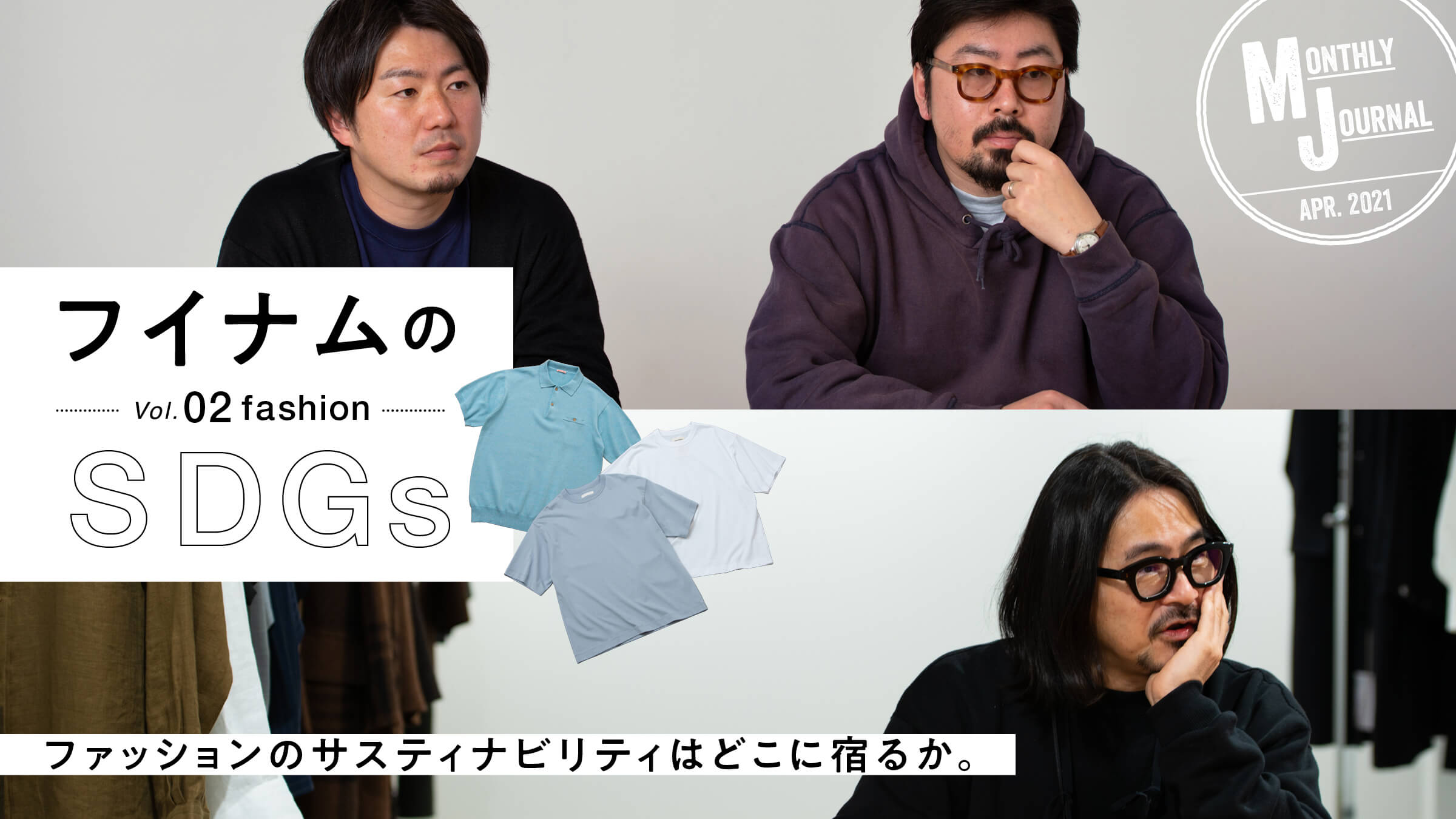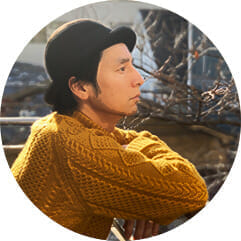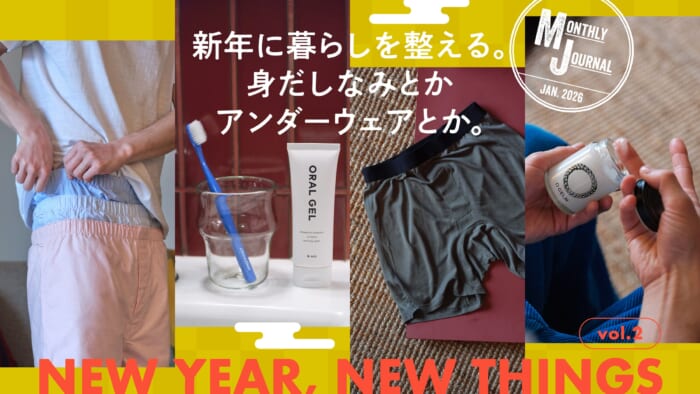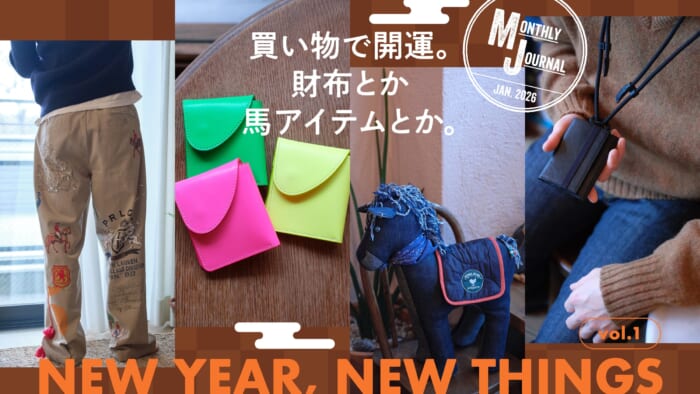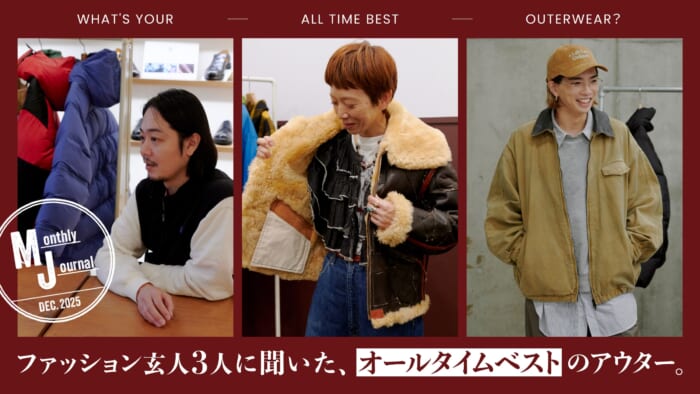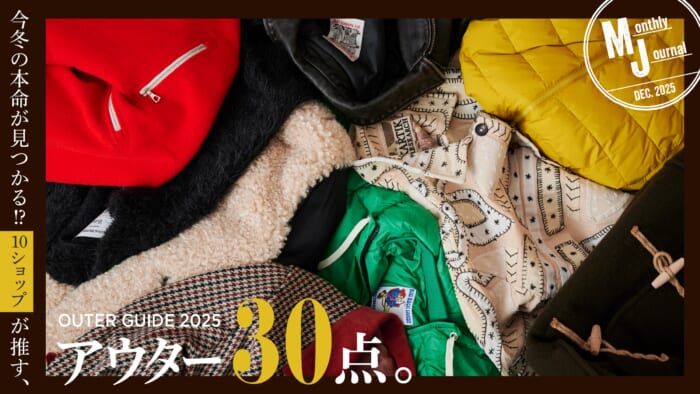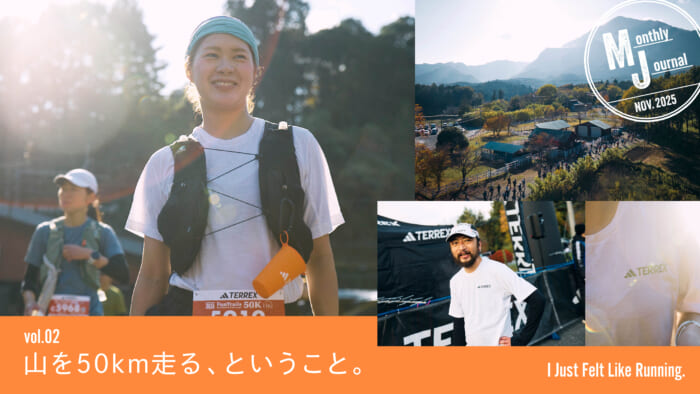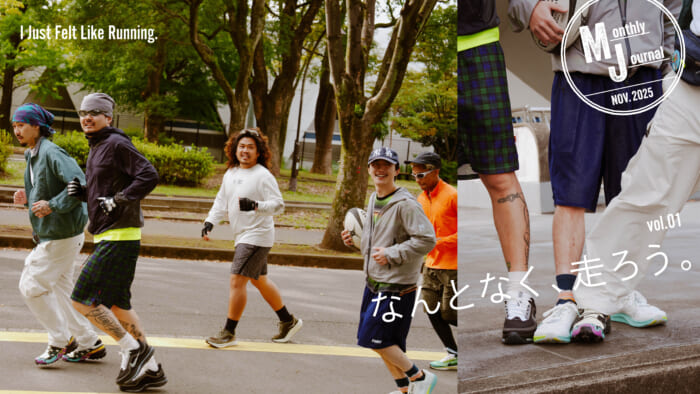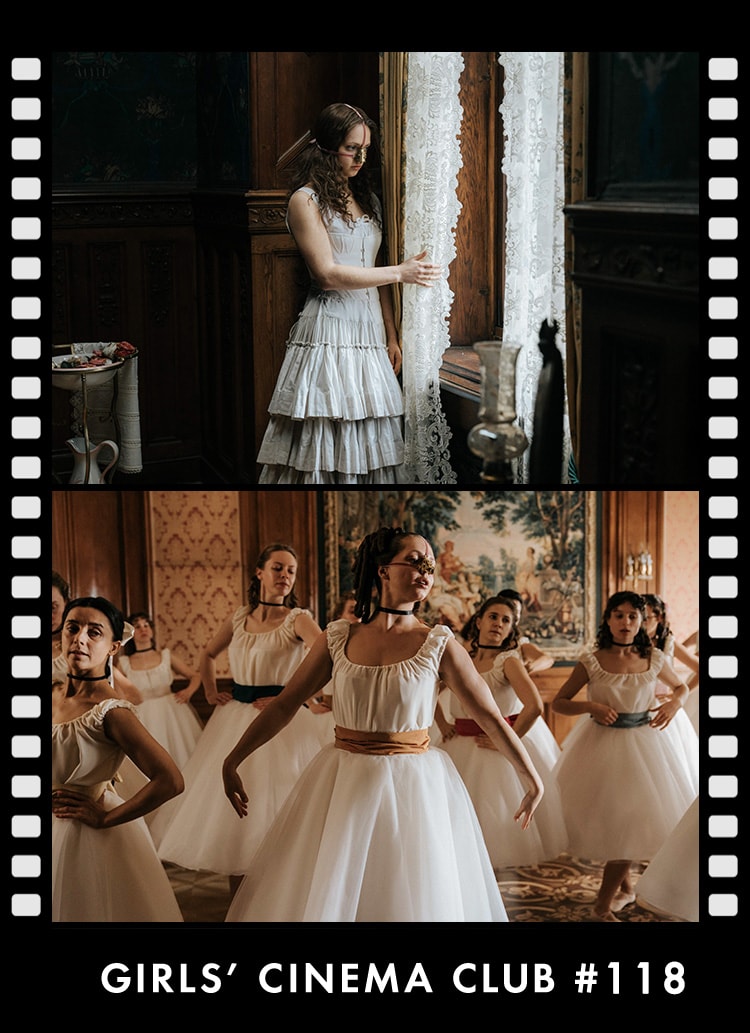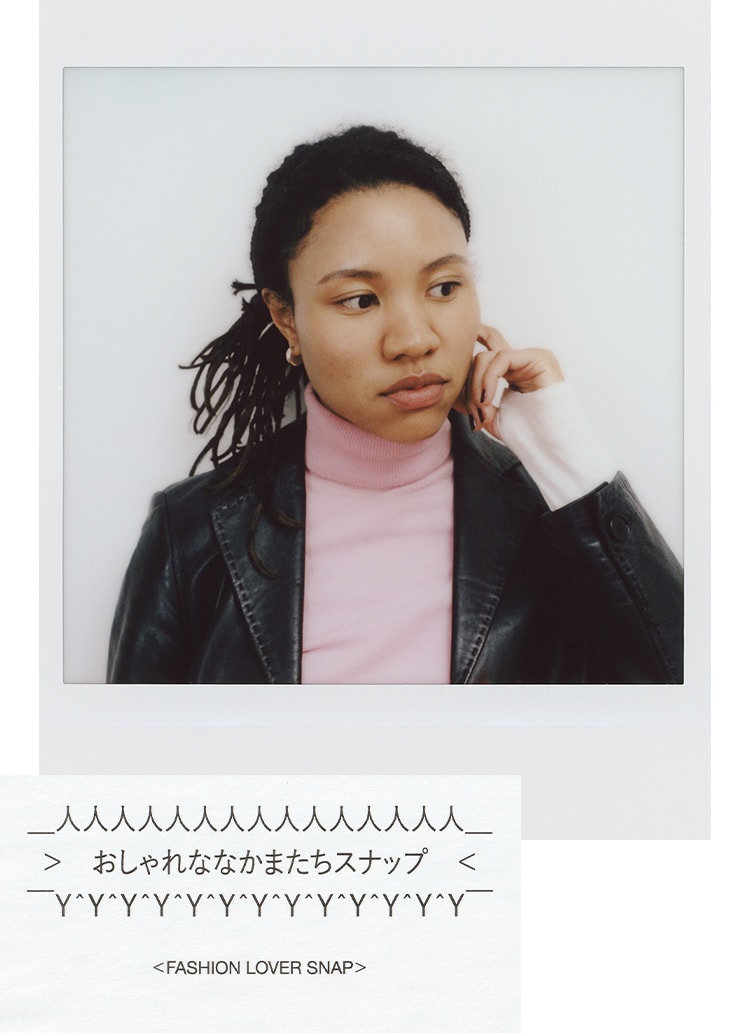Case01 Markerware that uses fabrics that can be traced to their place of origin.
PROFILE

He is responsible for brands synonymous with sustainability, such as Markaware and Texto (currently undergoing rebranding). He has a wealth of knowledge and expertise in sustainability, and is often asked for advice. He is also very interested in food, and it was through food that he became aware of sustainability in clothing.
parkingmag.com
Sustainability in a time when stories need to be told.

I think you were a step or two ahead of others in the fashion industry when it came to sustainability.
Ishikawa:I think it is important to look at the SDGs more broadly because so much attention has been paid to the topics of CO2 reduction and waste reduction. But it is good that we can now talk about the SDGs and the concept of sustainability, which integrates all the issues of human rights, the environment, LOHAS, and ecology, which were once disparate, and that we can now talk about them in a larger context.
How did you get involved with sustainability?
Ishikawa:Fair trade was the first of its kind around 2013. . In terms of clothes, it's about dealing directly with the factories and eliminating the middle man. . Also, as I became more knowledgeable about coffee and food, I realized that coffee and clothing are very similar. The issues with coffee and cacao are the same as the issues with cotton, and the most important part is the raw materials. . In order to learn more about that, I started to visit the production areas.

. There is not a well-developed method for designers to visit production areas in person, because it is irregular.
Ishikawa:. I started going around to the production areas, but there were many difficulties. Trading companies would not take me to the farms, and I wanted to hear the real voices of the farmers, so I had to find farms by myself and make appointments. Other than interpreting, I did everything myself, including interviews, drone operations, photo and video shooting, and video editing, so in the latter half of the trip, my body was a wreck. But it was fun, so I kept wanting to go back (laughs).
What's the fun in that?
Ishikawa:. is that I can connect with the locals and travel to places I normally would not be able to go. I have been in jungles that Japanese people have never been in, I can learn a lot of things through the locals, and I can eat new foods. . It has all the elements I like, such as travel and food.
A special story is told when an item is created in this way, isn't it?
Ishikawa:. it has gradually become more and more valuable, hasn't it? I had been thinking about how to turn clothes into content for a long time, but if you start a new brand with no history, you have to add a story. That story was sustainability and "Made in Japan" (Markerware). To sell well in the e-commerce market, which was spurred by Corona, you have to have a story to tell. Incidentally, "Texto," which is currently undergoing rebranding, is planning to become a D2C brand in order to offer better products at lower prices. However, real stores are also important, and I think we need to connect directly with consumers, either in stores or online.


